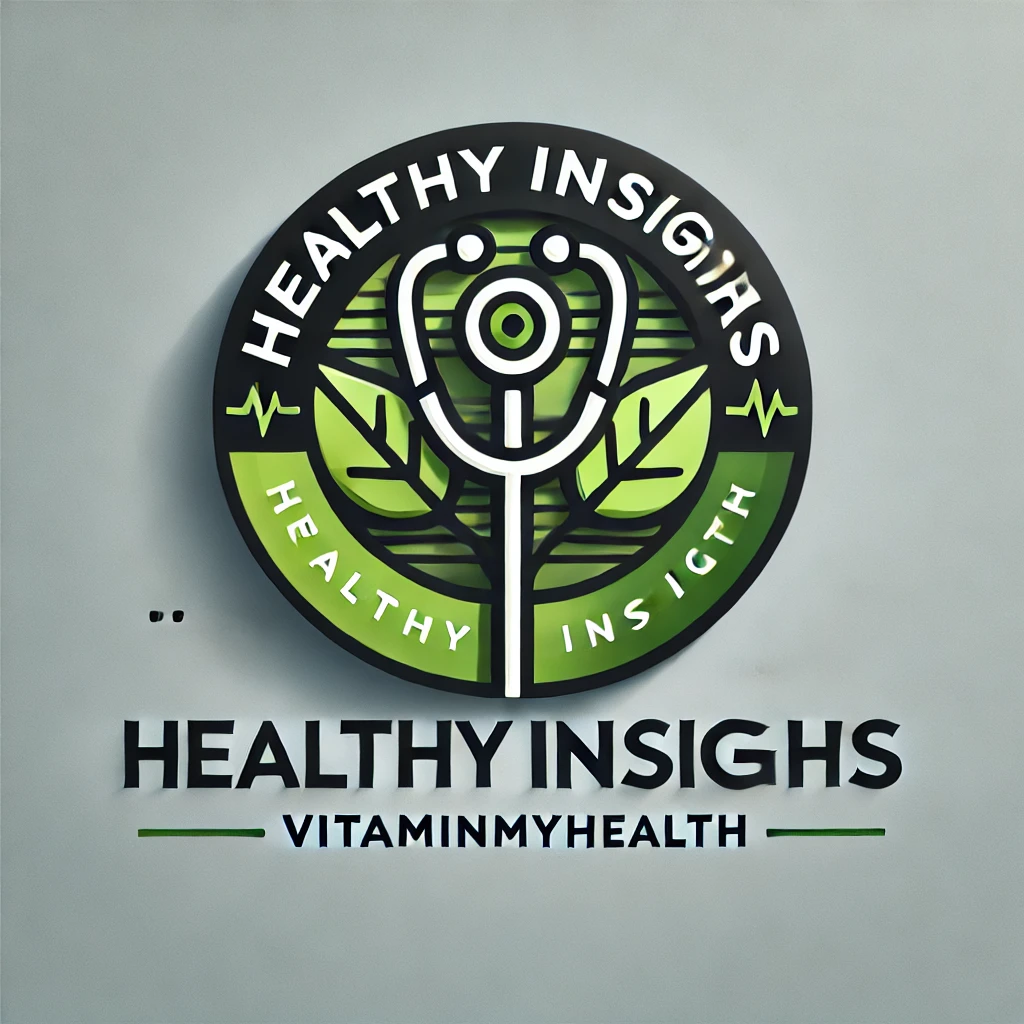Vitamin B5: Benefits, Sources, and Uses
Vitamin B5, also known as pantothenic acid, is one of the essential B vitamins. It plays a vital role in energy production and overall health. This water-soluble vitamin is a key player in converting food into energy and supporting the utilization of fats and proteins. As part of the B-complex group, it is essential for maintaining healthy skin, hair, eyes, liver, and a well-functioning nervous system.
Functions of Vitamin B5
Energy Production
Vitamin B5 aids in converting carbohydrates and fats into energy, which the body utilizes for various functions.
Digestive Health
It supports a healthy digestive tract and assists in utilizing other vitamins, especially vitamin B2 (riboflavin).
Red Blood Cell Formation
Pantothenic acid plays a role in producing red blood cells and stress-related hormones in the adrenal glands, which are located above the kidneys.
Cholesterol Synthesis
Vitamin B5 is essential for synthesizing cholesterol, which is crucial for overall cellular function. Pantethine, a derivative of pantothenic acid, is being studied for its potential role in reducing cholesterol levels.
Benefits of Vitamin B5
High Cholesterol and Triglycerides
Preliminary studies suggest that pantethine may help lower LDL (bad cholesterol) and triglycerides while raising HDL (good cholesterol). Some research indicates that pantethine may reduce cholesterol levels in individuals with diabetes, but larger studies are needed for conclusive evidence.
Skin Care and Wound Healing
Vitamin B5 has moisturizing properties and may speed up wound healing, especially after surgery. Studies combining vitamin B5 with vitamin C have shown promising results in accelerating recovery.
Rheumatoid Arthritis (RA)
Research suggests that pantothenic acid might alleviate symptoms of rheumatoid arthritis. Individuals with RA tend to have lower blood levels of vitamin B5. Calcium pantothenate, a form of vitamin B5, has been shown to improve symptoms such as morning stiffness and pain.
Sources of Vitamin B5
The name “pantothenic” comes from the Greek word pantos, meaning “everywhere,” because vitamin B5 is found in various foods. Some of the richest sources include:
- Vegetables: Kale, broccoli, cauliflower, tomatoes, sweet potatoes
- Legumes: Lentils, split peas, peanuts, soybeans
- Animal Products: Beef liver, chicken, duck, salmon, lobster, egg yolks
- Whole Grains and Seeds: Whole-grain bread, wheat germ, sunflower seeds
- Other Sources: Milk, avocados, nectar, lemon
Vitamin B5 is often lost during food processing, so fresh, unprocessed foods retain the highest levels.
Available Forms
Vitamin B5 is available in:
- Multivitamins
- B-complex supplements
- Independent supplements labeled as pantothenic acid or calcium pantothenate
These supplements come in various forms, including tablets, soft gels, and capsules.
Recommended Intake
While there is no specific Recommended Dietary Allowance (RDA) for vitamin B5, the following daily intake levels are generally advised:
Pediatric:
- Birth–6 months: 1.7 mg
- 7 months–1 year: 1.8 mg
- 1–3 years: 2 mg
- 4–8 years: 3 mg
- 9–13 years: 4 mg
Adult:
- 14–18 years: 5 mg
- Adults (19+ years): 5 mg
- Pregnant women: 6 mg
- Breastfeeding women: 7 mg
Higher doses may be prescribed by a doctor for specific health conditions.
Role of Vitamin B5 in Acne
Vitamin B5 helps manage acne by:
- Regulating Oil Production: Reducing excess sebum that clogs pores.
- Reducing Inflammation: Minimizing redness and swelling.
- Improving Skin Barrier Function: Preventing irritants and bacteria from causing breakouts.
- Enhancing Wound Healing: Reducing the appearance of acne scars.
Signs of Vitamin B5 Deficiency
Vitamin B5 deficiency is rare but may cause symptoms such as:
- Fatigue
- Insomnia
- Depression
- Irritability
- Vomiting
- Stomach pain
- Burning feet
- Upper respiratory infections
Conclusion
Vitamin B5 is vital for energy production, cholesterol synthesis, red blood cell formation, and skin health. It is found abundantly in many fresh, unprocessed foods. While deficiency is rare, ensuring adequate intake can provide numerous health benefits, from managing cholesterol to supporting skin care and wound healing.

